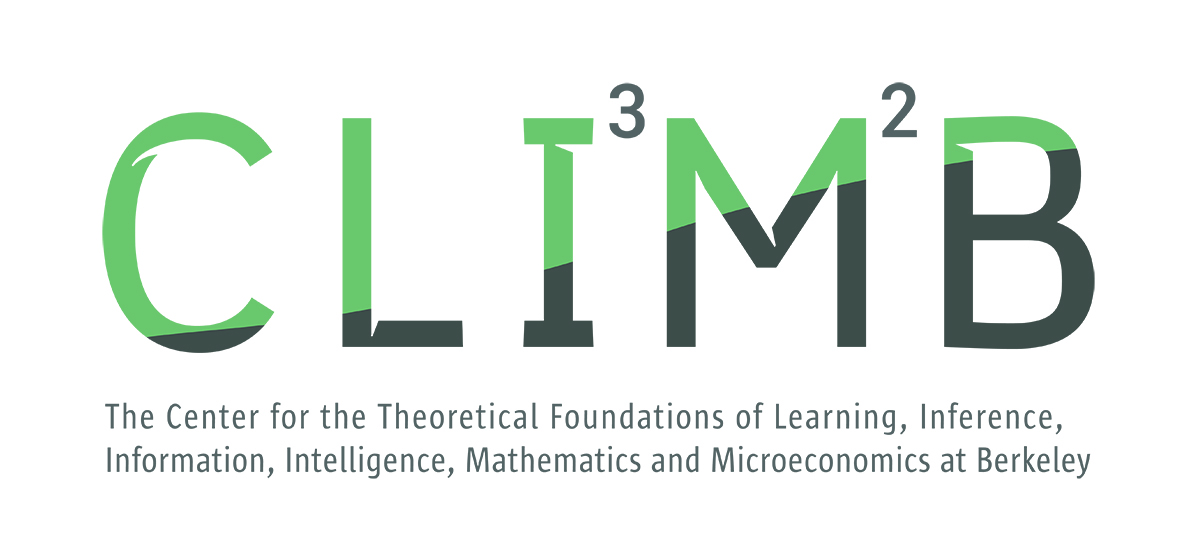Ulrike Malmendier
Professor of Economics at UC Berkeley
250 Sutardja Dai Hall
April 27, 2022
Personal experiences of economic outcomes, from global financial crises and pandemics to individual-level job losses, can shape individual beliefs, risk attitudes, and choices for years to come. A growing literature on experience effects shows that individuals act as if past outcomes that they experienced were overly likely to occur again, even if they are fully informed about the actual likelihood. This reaction to past experiences is long-lasting though it decays over time as individuals accumulate new experiences. Modern brain science helps understand these processes. Evidence on the brain’s neural plasticity reveals that personal experiences and learning alter the strength of neural connections and fine-tune the brain structure to those past experiences (“use-dependent brain”). I show that experience effects help understand belief formation and decision-making in a wide range of economic applications, including inflation, home purchases, mortgage choices, and consumption expenditures. I argue that experience-based learning is broadly applicable to economic decision-making and discuss topics for future research in education, health, race, and gender economics.
